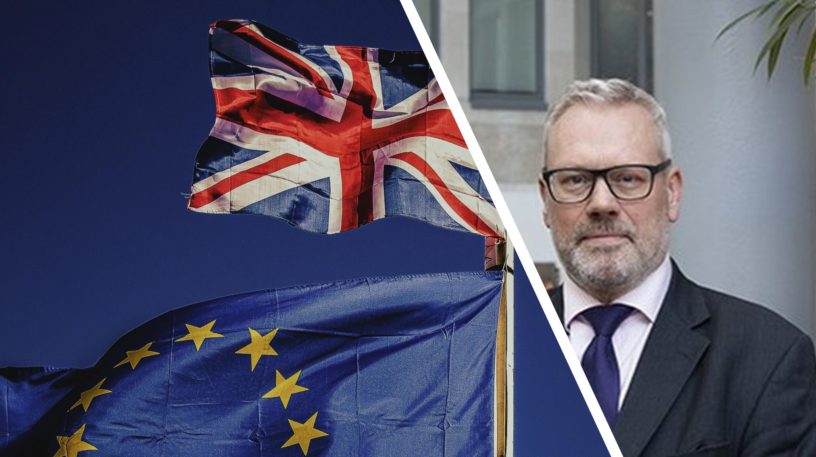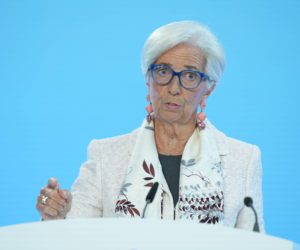By Dan Byrne for AMLi
CRIMINAL LAW experts in the UK have united in saying a no-deal Brexit would cause serious issues for the continent’s fight against dirty money.
With the transition period now less than a month from expiry – and no agreement reached yet – a comprehensive and secure post-Brexit deal has been described as an “absolute priority” to maintain solid cooperation.
“I would dearly love to a deal to be put in place,” said Andrew Penhale, head of the Specialist Fraud Division at the Crown Prosecution Service. “Without one, we lose sight of so many mechanisms that are of huge benefit to us.”
Speaking at the FinCrime World Forum, Penhale said that while he expects changes in EU-UK AML efforts regardless of a deal, securing one would still be hugely beneficial.
“If there is a deal, we will retain a desk at Eurojust [the European agency for criminal justice cooperation], and we will work more closely with our European partners,” he said.
“We may not be able to initiate things like investigations – as we have done in the past – but we can be invited to play a part. I’m envisioning a nuance rather than a complete divergence.”
His hope for a deal was echoed by fellow speakers Alun Milford, partner at London-based law firm Kingsley Napley and former Serious Fraud Office prosecutor,
“The deal is absolutely paramount,” said Alfred Kovaci, an independent Brexit advisor told the forum. “If we have no deal, we will be in a place we don’t want to be. At the same time, the deal needs to be fair and useful to both parties – something which takes into account the reasons why the UK left.”
Meanwhile, Milford drew attention to the shared political and cultural values of the entire European continent, and how they should be maintained regardless of Brexit.
He spoke particularly of the difference between Europol and Interpol – the law enforcement cooperative bodies for Europe and the world respectively.
“With Europol, there is a great cooperation on human rights and data protection standards; it’s the same legal framework,” he said. “It’s a more complex decision to share information with Interpol, considering the varying standards across the globe.”
All three experts acknowledged that a divergence in AML law and practice has already begun to surface, and that some of these were inevitable from the beginning.
“We won’t be able to extradite people from certain EU states that don’t allow it, for example,” said Penhale. “And there will be slower mechanisms for obtaining evidence.”
“But we can think of ways around that. These things are not insoluble,” he stressed. Offering a solution to his own example, he suggested the answer to extradition would be a simple ‘transfer of proceedings’.
“If we can’t extradite from Germany, then we may need to just transfer legal proceedings so they can take place there.”
Penhale warned that issues such as extradition were examples of changes that financial criminals would exploit – in much the same way as they have done to government subsidies and health bodies during the COVID crisis.
“We haven’t seen it yet, but the criminals will inevitably capitalise on these divergences,” he said. “We will have to be a lot more agile in how we work if we are to match their agility.”
Share this on:
Follow us on:








